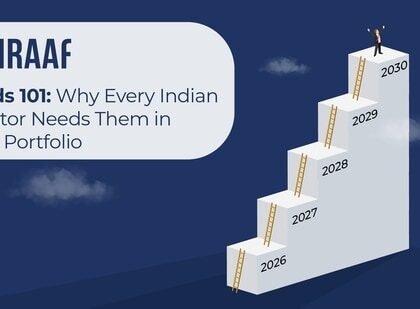There’s good news for nearly 50 lakh central government employees and 69 lakh pensioners, the Centre has formally approved the Terms of Reference (ToR) for the 8th Central Pay Commission, marking the beginning of the next big revision in salaries and pensions.

Headed by former Supreme Court judge Ranjana Prakash Desai, the commission will submit its report within 18 months and its recommendations are expected to be implemented from January 1, 2026.
Announcing the decision, information and broadcasting minister Ashwini Vaishnaw told reporters, “The specific date (of implementation) will be decided once the interim report comes in. But mostly it should be January 1, 2026.”
The timing of the announcement, just ahead of the Bihar elections scheduled for November 6 and 11, has drawn attention, as it directly impacts millions of employees and retirees across the country.
What exactly are the Terms of Reference (ToR)?
Think of “ToR” as the official rulebook for the commission’s work. The Terms of Reference lay out the scope, priorities, and deadlines for the panel. They guide what issues the commission should study, what data it should consider, and when it must present its findings.
For the 8th Pay Commission, the ToR have been finalised after extensive consultations with various ministries, state governments, and staff unions.
What will the 8th Pay Commission focus on?
While framing its recommendations, according to a Live Hindustan report, the commission will look at a broad range of factors, from economic conditions to fairness in pay scales. Here are some of the key areas of focus:
- The economic condition of the country and the need for fiscal discipline.
- Ensuring adequate funds remain available for welfare and development programmes.
- Assessing the cost of non-contributory pension schemes.
- Evaluating the financial impact on state governments, since most states follow the Centre’s recommendations.
- Comparing salaries and working conditions of central employees with those in public sector undertakings and the private sector.
- Essentially, the commission aims to strike a balance between fair pay for employees and the government’s fiscal responsibility.
Who’s part of the commission?
Apart from Justice Desai as chairperson, the commission includes IIM Bangalore professor Pulak Ghosh as part-time member and Petroleum Secretary Pankaj Jain as the member secretary, reported news agency PTI.
Justice Desai currently heads the Press Council of India and has earlier chaired key national panels, including the Delimitation Commission for Jammu and Kashmir and the Uttarakhand Uniform Civil Code (UCC) committee. This will be her fourth major assignment after her retirement from the Supreme Court.
Timeline and what to expect
If you’re a government employee, and the usual timeline is followed, the revised pay scales are expected to come into effect from January 1, 2026, after the commission’s recommendations are approved – continuing the ten-year cycle that has been in place since the First Pay Commission.
The 7th Pay Commission was set up in 2014 and implemented from January 1, 2016.
In the meantime, employees will continue to receive Dearness Allowance (DA) hikes twice a year to offset inflation.
For millions of employees and pensioners, the 8th Pay Commission means higher salaries, revised allowances, and better benefits. It could also set the tone for state government pay revisions, as most states mirror the Centre’s recommendations.
While the exact percentage hike will be known only after the report is submitted, the approval of the ToR signals that the process has officially begun.




